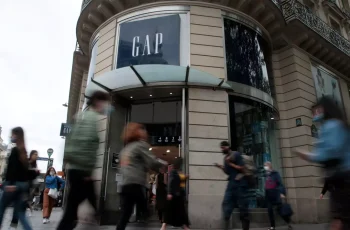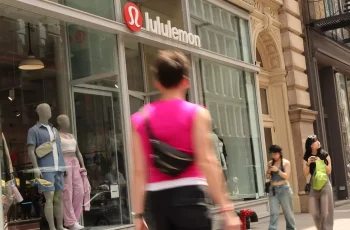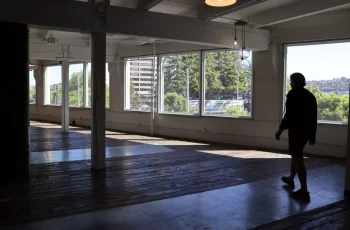Imagine waking up to the news that your favorite airline—known for its hallmark policy of offering two free checked bags—has now decided to charge for luggage. Southwest Airlines, long celebrated for its customer-first approach, has made a significant shift. As of Wednesday, the airline will no longer offer this complimentary service, bowing to the pressures of profitability in an era dominated by ancillary fees. This bold decision, while financially logical, raises serious questions about how far a brand can go in prioritizing profits over customer loyalty.

The Profit-Driven Shift: A Response to Financial Pressures
In 2022, the airline industry brought in nearly $7.3 billion from baggage fees alone, underscoring the importance of this revenue stream. Given the financial context, it’s difficult to fault Southwest for implementing such a change. However, this shift signals a departure from the customer-centric ethos that the company was built upon. Southwest’s brand, which once thrived on offering value-driven services, is now entering the same fee-driven environment as its competitors, like Delta and American Airlines. The introduction of basic-economy tickets and additional fees for checked bags places Southwest in direct competition with airlines that have long relied on these tactics. This raises the question: Can a brand that was once a champion of affordability maintain its position in a landscape where ancillary fees are the norm?
The Impact on Customer Loyalty
For Southwest, a company that once emphasized customer loyalty, this policy change presents a potential reputation crisis. Frequent flyers, who were accustomed to certain privileges, may feel alienated by the shift in policies. While top-tier customers and co-branded credit card holders still enjoy free checked bags, what about the average traveler? By incentivizing only its wealthiest customers, Southwest risks alienating the broader consumer base, raising concerns about accessibility and fairness in air travel.
Moreover, Southwest’s decision to phase out its open-seating model in favor of assigned seating adds another layer of discomfort for its passengers. Once a unique selling point, open seating allowed for more flexibility and spontaneity, creating a distinct experience for travelers. With the new assigned seating, passengers may feel the stress of boarding procedures become more rigid and less customer-friendly, further complicating the airline’s relationship with its core audience.
The Competitive Pressures and Market Realities
The introduction of additional fees and the shift in seating policy come at a time when the competitive landscape for airlines is becoming increasingly cutthroat. Shareholders and activist investors, such as Elliott Investment Management, have pressured Southwest to boost its profit margins, often at the expense of customer experience. With industry giants like Delta and American Airlines already capitalizing on fee-based structures, Southwest is now moving away from its budget-friendly alternative image. While this might provide a short-term boost in revenue, the long-term consequences could be dire for customer loyalty.
Backlash and Customer Outcry
The public reaction to these changes has been swift and severe. Southwest’s social media channels have been inundated with negative feedback, reflecting a growing sense of betrayal among its once-dedicated customers. The backlash signals a shift in consumer sentiment, as passengers express dissatisfaction over the airline’s move away from its original brand promise. Despite the criticisms, CEO Bob Jordan insists that the policy change hasn’t hurt bookings. Yet, this complacency in the face of mounting dissatisfaction may be dangerous, as it risks eroding the very foundation of the airline’s once-solid customer base.
The Risk of Brand Erosion
Southwest’s decision to prioritize profits over its longstanding values risks undermining its brand identity. The shift towards profitability and fee-based structures, while likely boosting short-term earnings, could alienate travelers who once trusted the airline for its transparency and exceptional service. The long-term repercussions of these decisions may ultimately be felt in a weakened relationship with its core customers, leading them to seek alternatives that better prioritize customer experience over profit margins.

Conclusion: A Turning Point for Southwest Airlines
As Southwest Airlines navigates the difficult balance between profitability and customer loyalty, it risks losing sight of the values that made it a favorite among travelers. While the immediate financial gains from baggage fees and assigned seating may seem attractive, the potential for reputational damage is high. In an era where consumer expectations are shifting, Southwest must carefully consider whether the pursuit of short-term profit is worth compromising the long-term relationship with its loyal customer base. The road ahead may be financially lucrative, but at what cost to the airline’s identity and its standing in the marketplace?




